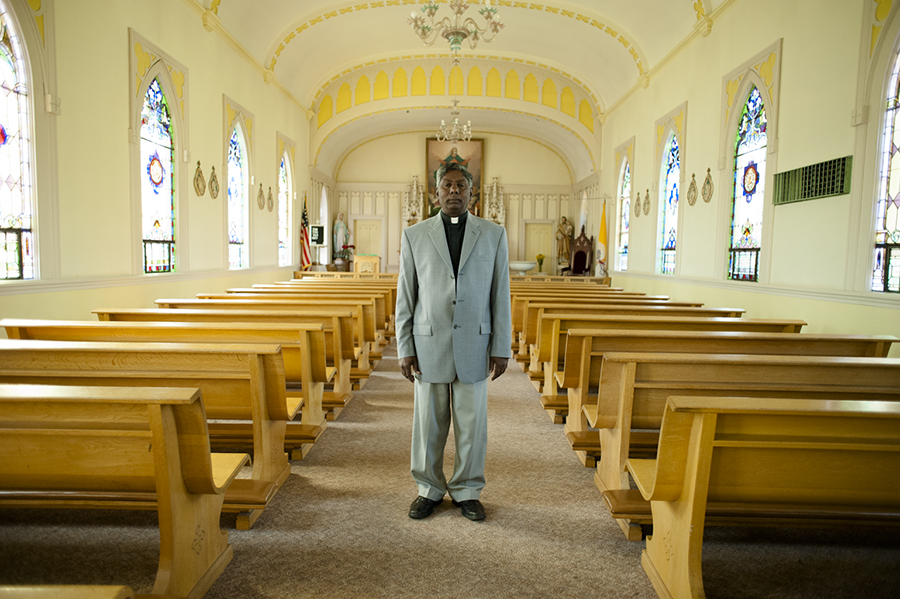On a cold Monday morning below an overcast sky in Tomales, the walls of the historic Church of Assumption blur into the dreary clime . . .
New pastor brings inclusiveness, care to changing community


On a cold Monday morning below an overcast sky in Tomales, the walls of the historic Church of Assumption blur into the dreary clime . . .